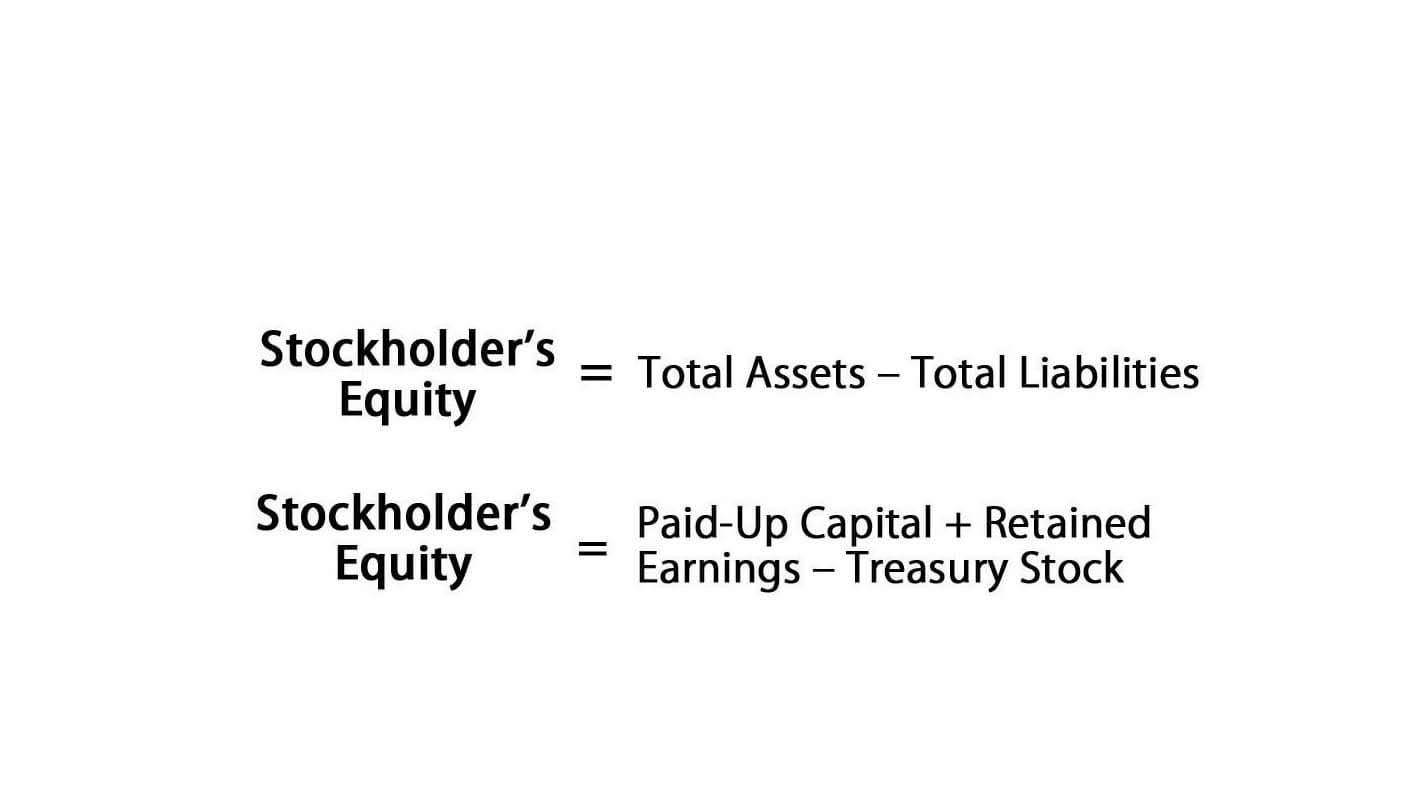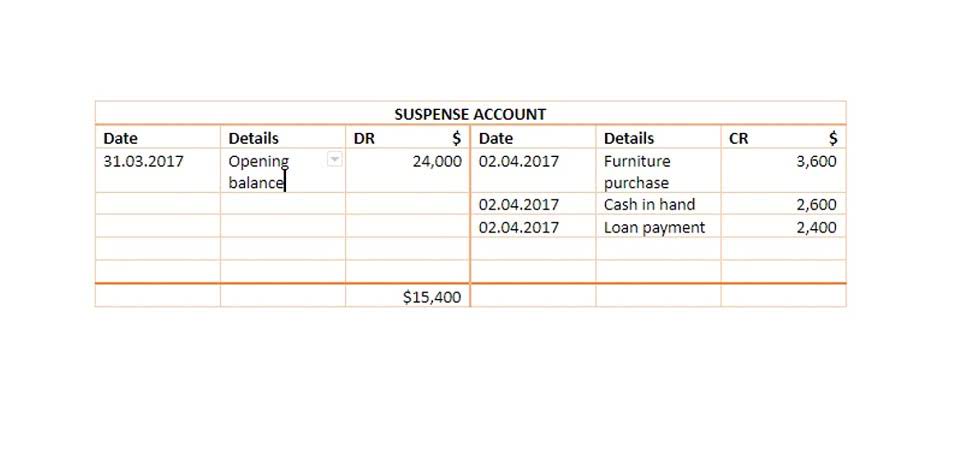
The customer lets the bookkeeper know when they’ve been paid, we enter that payment in QuickBooks Online, and then we create a deposit to match what the client takes to the bank. Bookkeepers might also have to manually add any transactions that aren’t included in the bank feed. The transactions that need to be added will most likely be transactions generated bookkeeping and payroll services outside of the accounting system, such as cash payments or handwritten checks. It could also involve matching deposits as customer payments to help manage accounts receivable or outgoing transactions as payments against vendor bills. The accounting software, depending on how effective it is, should be able to automatically categorize certain transactions.
What is bookkeeping?
- Small businesses and sole proprietorships require bookkeepers to manage their general ledger, chart of accounts, and adhere to local legal requirements.
- Accountants might take this a step further by registering as a CPA, or Certified Public Accountant.
- There are plenty of opportunities for career advancement in this field.
- Think about it, learning how to record financial transactions, balance your books, and generate financial documents is a lot of work.
- Employers in areas with higher living costs also tend to pay a premium.
- While it is less expensive, it does run the risk of errors in calculations and withholdings.
- One final stage in payroll accounting is to do a payroll reconciliation.
There’s always a demand for experienced, efficient bookkeepers in nearly every industry. Companies often outsource the organization of their finances to independent professionals, then hire accountants for more complex issues and tax filing. We’ll also touch upon their collaboration with other financial professionals, such as certified public accountants, to ensure seamless tax compliance and reporting.
Set the Process Up
- You know what a bookkeeper does and what their day-to-day responsibilities look like.
- Each complements the other in ways that contribute to the overall financial health of the organization.
- Knowing the right forms and documents to claim each credit and deduction is daunting.
- If you’re organized and enjoy working with numbers, a job as a bookkeeper could be a good fit.
- Become a Bookkeeper through Penn Foster’s accredited online school.
- Wave has helped over 2 million North American small business owners take control of their finances.
When selecting a bookkeeping style, business owners have several options. Learn how QuickBooks Live Expert Assisted can help you streamline your bookkeeping and free up time spent on finances. You might need only some or all of these services that can be part of the job of a bookkeeper. How your business operates is unique, and your bookkeeping follows suit. A CIA is an accountant who has been certified in conducting internal audits.

Why Is Bookkeeping Important?
- There are several effective ways to manage bookkeeping responsibilities in-house or externally by using helpful tools and technologies.
- Take our free career test to find out if bookkeeper is one of your top career matches.
- Much of that manual data entry can now be left to automated systems.
- It’s important to regularly reconcile your accounts to avoid overdraft fees, fraudulent charges, or incorrectly recorded transactions.
- Not only is QuickBooks the dominant small business accounting software on the market today, but it also offers supplementary products to augment your overall QuickBooks experience.
- Many bookkeeping software options automate the tracking process to eliminate errors.
Both accounting and bookkeeping play an important financial role in business, there is a difference between the two. Bookkeeping is a direct record of all purchases and sales your business conducts, while accounting is a subjective look at what that data means for your business and cash flow strategies. An accountant can be considered a bookkeeper, but a bookkeeper can’t be an accountant without proper certification. Think about it, learning how to record financial transactions, balance your books, and generate financial documents is a lot of work. On top of that, you’ll also be burning through your already limited time if you have to go back and correct a bunch of errors because you were less experienced when you started doing your own books. Instead of putting trust in an individual bookkeeper or hiring a costly large firm, your small business can take advantage of the broad spectrum of services offered by FinancePal.
Before joining the team, she was a Content Producer at Fit Small Business where she served as an editor and strategist covering small business marketing content. She is a former Google Tech Entrepreneur and she holds an MSc in International Marketing from Edinburgh Napier University. According to BLS data from May 2021, the top 10% of bookkeepers earned median base salaries of $61,980 per year. Depending on the employer, bookkeepers may qualify for other forms of compensation, such as performance bonuses.

In September 2022, Payscale placed the national U.S. average rate for bookkeepers at $18.46 per hour. Bookkeepers should research local average rates to ensure they price their services competitively. In terms of cities, the leading destinations for bookkeepers also rank among the largest metro areas in the United States. Notably, Texas has two cities (Dallas and Houston) in the top five employers of bookkeeping, accounting, and auditing clerks among metro areas. Bookkeeping still offers a stable career path that does not demand advanced degrees or extensive training.
In terms of pay, bookkeepers tend to earn the most by working in niche industries. Compared to other major employment sectors for bookkeepers, they host relatively few jobs. As such, candidates should expect a more competitive landscape if applying for available openings. Employers in areas with higher living costs also tend to pay a premium.

Understanding the Evolving Role of Bookkeepers
An accountant may interpret the financial records that a bookkeeper compiles, in order to assess a company’s financial health. Becoming an accountant usually requires more training and education than bookkeeping and can be a good next step in your financial career. The responsibilities of a bookkeeper include a fair bit of data entry and receipt wrangling. They’re responsible for recording every financial transaction in your general ledger using double-entry bookkeeping—usually called recording journal entries. That sounds like a mouthful, but often that just looks like inputting all your transactions into accounting software. QuickBooks is the most popular small business accounting software suite.
- Offers a comprehensive suite of HR tools such as a proactive HR support team, employer/employee training, business advice, and legal assistance from Upnetic Legal Services®2.
- It might feel daunting at first, but the sooner you get a handle on this important step, the sooner you’ll feel secure in your business’s finances.
- Payroll clerks are a specific type of bookkeeper, as managing payroll is an early stage of the accounting process.
- In many instances, an accountant prepares the initial chart, and the bookkeeper references it while recording transactions.
- In September 2022, Payscale placed the national U.S. average rate for bookkeepers at $18.46 per hour.
- Bookkeeping professionals have their own expertise based on the types of businesses and industries they serve.
They then enter the estimates into their QuickBooks Online account and create or progress invoices as the project moves along. Our (non-judgmental) team of bookkeeping, accounting, and payroll experts is standing by to coach you—or do the work for you. Give your customers the option of paying with one click using a credit card, bank transfer, or Apple Pay. An accountant or bookkeeper can be useful set of hands to help with the accounting heavy lifting.

